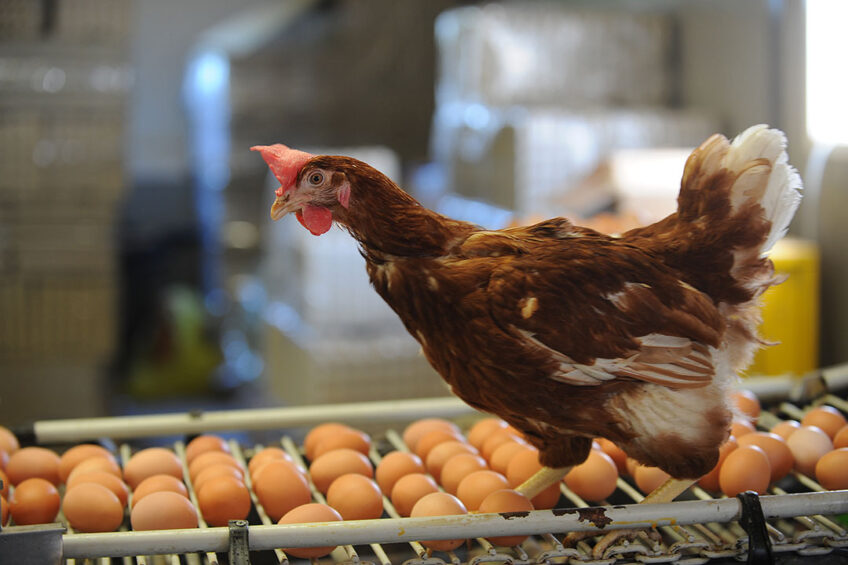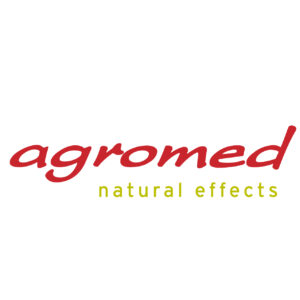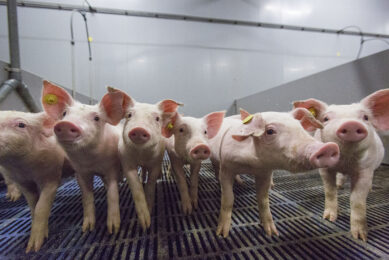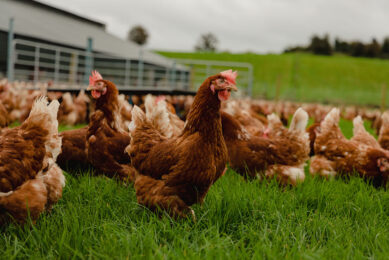From forest to fork

Feed supplements derived from wood contribute to sustainable livestock production by improving gut health, feed conversion and overall performance.
The challenge for the food-producing economy in the coming decade will be to produce enough safe and nutritious food for future generations without running out of resources and destroying the earth’s ecosystems. Although it is estimated that in OECD countries the demand for animal protein sources will decrease by two thirds by 2050, this trend does not apply to emerging economies and lower income countries. To be able to feed the world’s population in the future, it is therefore of the utmost importance to protect the planet and preserve the environment by prudently using its limited resources, producing less greenhouse gas emissions and waste, promoting (or at least stabilising) biodiversity and avoiding deforestation.
These are all strong arguments for promoting the circular economy, which will lead to improved efficiency in resource utilisation. A crucial challenge is the fact that animals performing at high levels need high-quality products that could also be used by humans, which in turn increases competition between feed and food. Indeed, compared to feed, the impact of plant-derived feed additives on feed-to-food competition is negligible, but nevertheless it is good to know that there is one source of additives which does not negatively impact feed-to-food competition while combining other aspects of sustainability: supplements derived from wood. These contribute to sustainable livestock production via improved gut development, allowing better nutrient absorption. Consequently, the animals’ feed conversion will be improved, and higher production yields will be achieved.
The classic approach
As the most popular wood-derived supplement, lignocellulose, if produced from fresh wood as a by-product of the timber industry, may act as a role model for the circular economy and sustainable use of resources. Lignocellulose is processed wood and contains, depending on the product quality, wood from different species of trees or a combination thereof or even different parts of the tree (trunk and bark). In general lignocellulose is understood to be a source of dietary fibre. Although historically considered as antinutritive ingredient, dietary fibre, when applied in a balanced way, delivers various positive effects in monogastric nutrition, as scientific studies in recent years have shown. Hence, the sceptical view of the inclusion of different fibre sources has gradually been replaced by interest in proper fibre supply and it is now increasingly a focus of animal nutritionists. Today it is generally accepted that a balanced inclusion of fibre contributes directly and indirectly to healthy intestinal functions.
In this context, the most important criterion is the quality of the supplemented fibre. A highly insoluble, but slowly fermentable fibre source will stimulate gut motility and development, allowing for efficient use of feedstuff. These properties are combined in so-called “eubiotic” lignocellulose. This is derived from fresh wood, is purely insoluble and acts physically, optimising its peristaltic activity. Moreover, it contains a fermentable fraction, which is degraded microbially after passing through the small intestine and entering the caecum and/or hindgut. Within this fermentation process the formation of volatile fatty acids causes lower intestinal pH, providing an unfavourable milieu for pathogenic bacteria and may be directly used by colonocytes as a source of energy, allowing for improved gut development. Consequently, intestinal villi become significantly longer, which improves the intestinal absorptive surface and facilitates the uptake of nutrients and minerals.
Wood as a source of bio-actives
An additional value of eubiotic lignocellulose is the presence of wood derived polyphenols as bio-active molecules. Those molecules allow eubiotic lignocellulose to act also as a functional additive, influencing the oxidative status, and elicit gut protective effects.
In addition to the classic lignocellulosic products, a suitable selection of wood sources has made it possible to develop products that can be used in animal nutrition due to their high content of certain bioactive molecules. One of these wood-derived products (agromedROI, agromed Austria GmbH) comprises a bark containing species-specific lignans, which are known to have anti-inflammatory properties. Lignans are natural polyphenols that are found in many plants, where they have protective effects. For the use of wood lignans in animals, anti-inflammatory and antioxidant effects have been scientifically described: they reduce gene expression of various proinflammatory cytokines and bind free radicals and thus reduce lipid peroxidation and diminish the formation of hydroxyl radicals. The combination of those effects attenuates inflammatory processes, which are energy demanding: this can be seen as a cost-saver and, consequently, the saved energy will be channelled into performance, as seen in a scientific trial on aged laying hens in Germany.
Reflecting on layers being used longer
Layers in the late laying phase show a decrease in performance and egg quality, which is related to the ageing of oviducts. Age increases oxidative stress, while the efficiency of the antioxidant acting system declines, with close connection to chronic inflammatory responses compared to young layers. The addition of the a wood-derived supplement to laying hens’ diet at a late phase in their production cycle caused no changes in body weight, while feed efficiency was significantly improved (by 8.5%) compared to birds in the control group (Table 1). Moreover, the inclusion of the wood-derived supplement improved egg numbers and egg mass in a dose-responsive manner. Due to the positive effects of the wood-derived supplement on laying performance, reduced feed intake is not likely to be due to reduced feed acceptance. Improved laying performance and a trend towards higher eggshell stability suggest that wood-derived supplements are part of the solution of prolonging the productive life of laying hens in future and, consequently, this will further contribute to a prudent use of resources.
Conclusion
Feed additives, especially those derived from wood, have a huge potential for reducing the environmental impact of livestock production. Their sustainable production is an almost negligible part of the contribution to resource conservation, but wood-derived additives have the potential to use our limited resources more efficiently.




